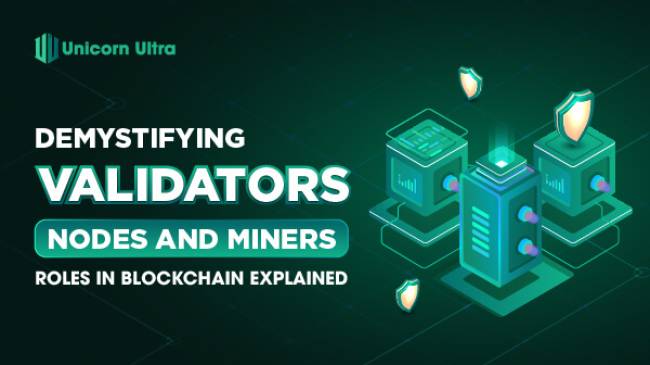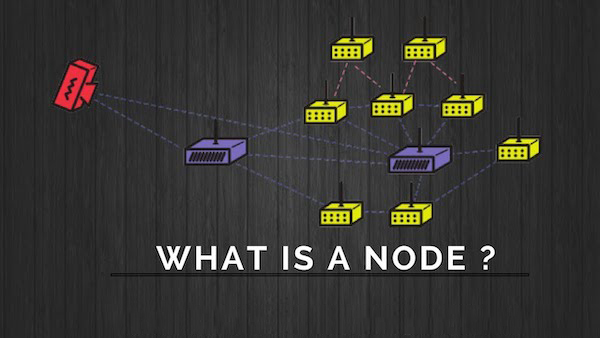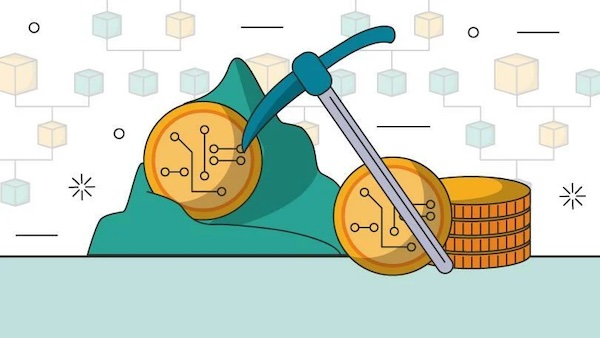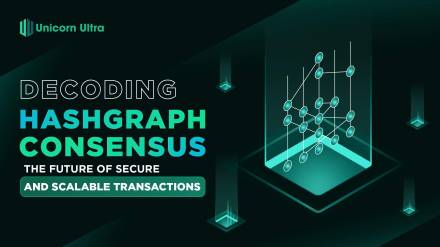What Are Validators, Nodes and Miners?
What Is a Blockchain Validator?
A validator in a Proof of Stake (PoS) blockchain network is tasked with validating new transactions and upholding the blockchain's security. They accomplish this by staking their cryptocurrency to support the network.

Operating Mechanism of a Validator
Validators commit a certain amount of cryptocurrency as a "stake" or collateral, which incentivizes them to act honestly. They participate in the consensus process by proposing and validating new blocks. Validators are rewarded with transaction fees and sometimes additional block rewards for their efforts.
Applications of a Validator
Validators are essential for maintaining network security and ensuring the reliability of blockchain transactions. They enable efficient and secure blockchain operations, making them suitable for a wide range of applications, from financial services to supply chain management.
What is a blockchain node?
Blockchain nodes represent network participants, and their devices are granted authorization to maintain the distributed ledger and act as communication hubs for various network functions. One of the primary responsibilities of a blockchain node is to validate the legitimacy of each successive set of network transactions, referred to as blocks. Furthermore, assigning a distinct identifier to each node within the network facilitates easy differentiation from other nodes.

Node Operation Mechanism
Nodes receive and validate transactions, ensuring that they adhere to network rules. They communicate with other nodes to reach a consensus on the state of the blockchain. In Proof of Work (PoW) networks, nodes may also participate in mining activities.
Node Applications
Nodes have diverse applications, depending on their type. Full nodes support network security and decentralization, while lightweight nodes (such as SPV wallets) facilitate efficient, low-resource access to the blockchain. In enterprise settings, nodes are used for data storage, tracking, and verification.
What is a Miner in blockchain?
A Miner is an active participant in cryptocurrency transactions and, in turn, plays a vital role in both generating new cryptocurrencies and verifying transactions on the blockchain. Miners append new blocks to the existing chain and ensure the accuracy of these additions.

Miner Operation Mechanism
Miners invest in powerful hardware and compete in a race to solve cryptographic puzzles. This process, known as "mining," requires significant computational power. Once a miner solves the puzzle, they broadcast the new block to the network for validation.
Miner Applications
Mining is most commonly associated with cryptocurrency networks, where miners secure the network, validate transactions, and mint new coins. It ensures the blockchain's immutability and enables the creation of new blocks in PoW-based systems.
Comparing Validators, Nodes, and Miners
To better grasp the distinctions between Validators, Nodes, and Miners, let's compare their key attributes:
- Function: Validators validate transactions, Nodes store and verify blockchain data, while Miners add new blocks through cryptographic computations.
- Consensus: Validators participate in consensus mechanisms like PoS, Nodes contribute to reaching consensus, and Miners in PoW networks reach consensus by competing.
- Incentives: Validators are incentivized by rewards and penalties based on their stake, Nodes are often operated by entities interested in network health, and Miners are rewarded with cryptocurrency.
- Resource Requirements: Validators require a stake, Nodes need storage and network resources, and Miners need powerful computational resources.
Conclusion
In conclusion, Validators, Nodes, and Miners are integral components of the blockchain ecosystem, each with its unique role and mechanism. Understanding these roles is essential for comprehending how blockchain networks operate and appreciating their real-world applications.
Whether you are interested in securing a network, participating in consensus, or validating transactions, these roles offer diverse opportunities to engage with blockchain technology and its transformative potential.
Through the U2U article What Are Validators, Nodes, and Miners. If you find it helpful, please consider subscribing to our channel.






